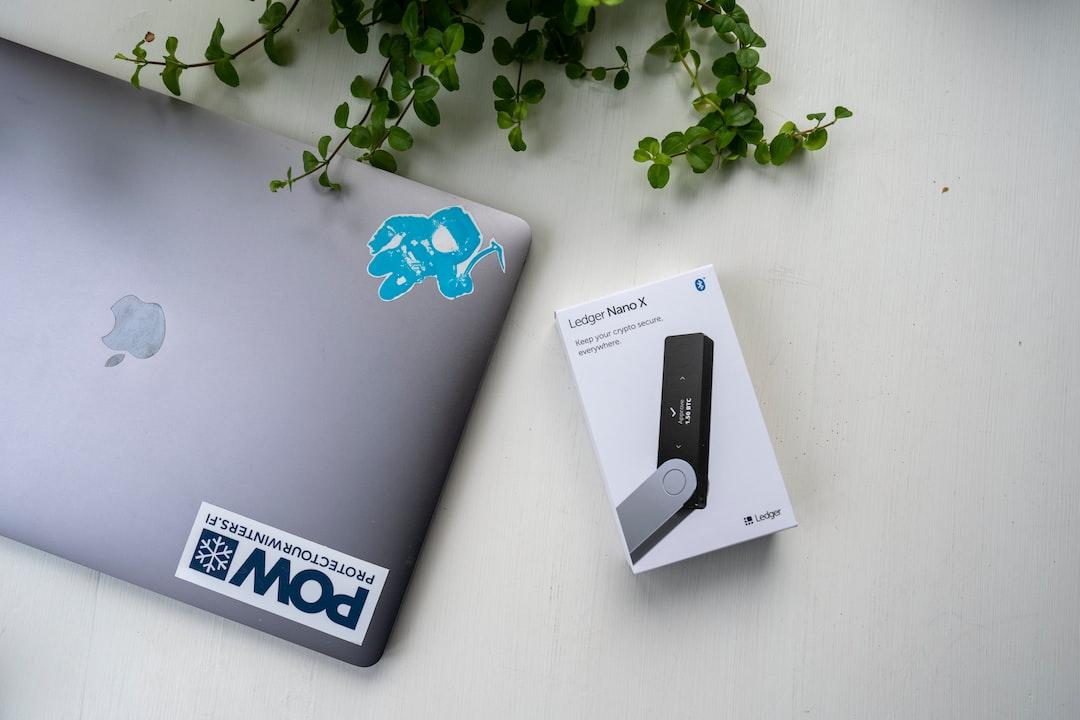El Salvador, since 2021, has successfully mined a total of 474 Bitcoin, with a value of $29 million, utilizing the power of volcanic geothermal energy. This impressive feat was accomplished by harnessing the energy from the Tecapa volcano and employing 300 mining processors. To support this initiative, the country has dedicated 1.5 megawatts (MW) out of the 102 MW generated by its state-owned power plant for cryptocurrency mining, as reported by Reuters.
In the midst of concerns surrounding the environmental impact and energy consumption associated with Bitcoin mining, El Salvador has emerged as a trailblazer in sustainable mining practices. In fact, it made history in 2021 by becoming the first country to adopt Bitcoin as a legal tender, alongside the United States dollar. Since then, the government has implemented various Bitcoin-focused policies, including the establishment of a geothermal plant specifically for Bitcoin mining.
As a result of these efforts, El Salvador now possesses a significant amount of Bitcoin, totaling 5,750 BTC, which is valued at approximately $354 million.
Since 2021, global organizations like the World Bank and others have expressed strong criticism towards El Salvador for its adoption of Bitcoin. The bear market experienced from 2022 to 2023 intensified this scrutiny, leading many to question the actions of President Nayib Bukele. However, Bukele remained resolute in his support for Bitcoin, even announcing that the country would purchase one BTC every day.
Bukele’s unwavering stance on Bitcoin proved to be popular among the citizens of El Salvador, as he won the presidential election in 2024 with widespread support throughout the nation.
Bitcoin mining and its reliance on fossil fuels have long been contentious issues within the cryptocurrency industry. Organizations such as Greenpeace, backed by Ripple, have advocated for transitioning Bitcoin from its current proof-of-work system to a more environmentally friendly proof-of-stake system. In November 2023, New York Governor Kathy Hochul signed a mining moratorium into law, making it the first state in America to ban proof-of-work crypto mining activities for a period of two years.
Tesla CEO Elon Musk, after purchasing $1.5 billion worth of Bitcoin, initially planned to integrate it as a payment option for Tesla cars. However, he reversed this decision due to concerns about the negative environmental impact of mining. Musk stated that he would reconsider this move only when more than 50% of Bitcoin mining operates using renewable energy sources.
Since Musk’s statement, multiple reports have indicated that over 60% of Bitcoin mining is powered by renewable energy sources. However, Musk has yet to acknowledge these reports or implement Bitcoin as a payment option for Tesla. Currently, Tesla is facing a lawsuit for repeatedly violating the Clean Air Act by emitting harmful pollutants from its Fremont factory into nearby communities.
Magazine: How to Safeguard Your Cryptocurrency in a Volatile Market – Insights from Bitcoin Pioneers and Experts

